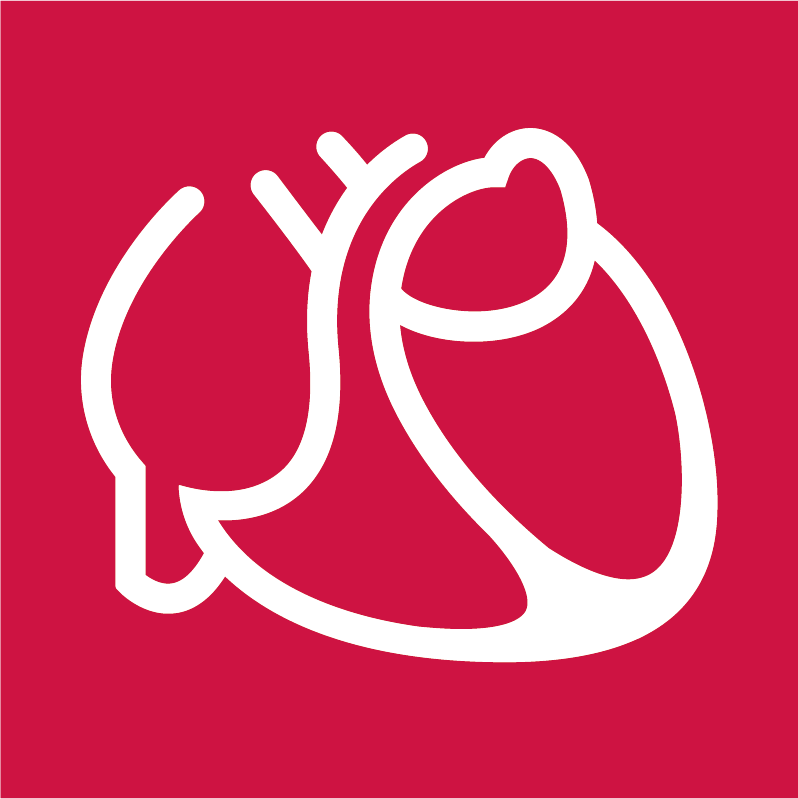Literaturnachweis: https://econtent.hogrefe.com/
doi/pdf/10.1024/0301-1526/a000815
Download als PDF
Autoren:
Rupert Bauersachs, Florian Langer, Christoph Kalka, Stavros Konstantinides, Robert Klamroth, Johannes Oldenburg, Sebastian Schellong, Ute Scholz, Markus Stücker, Edelgard Lindhoff-Las
Zusammenfassung:
The antiphospholipid-syndrome (APS) is one of the most severe forms of thrombophilia, which may not only lead torecurrent venous but also to arterial thromboembolic events (TE), and to severe pregnancy complications, respectively. APS isdefined by clinical symptoms and specific laboratory findings: 1. Lupus anticoagulant (LA), 2. anticardiolipin-antibodies (ACA),and 3.β2-Glycoprotein I-antibodies (β2GPI-Ab). All test results have to be confirmed after at least 12 weeks. The thromboticrisk is highest, if all 3 test groups are positive. It must be pointed out that the presence of UFH, VKA or DOACs may lead tofalse positive LA-test results; the addition of a specific absorber after blood sampling may provide reliable results in thepresence of DOACs. A prospective randomized controlled trial comparing warfarin and rivaroxaban (TRAPS-trial) including onlyhigh-risk patients with triple positive APS was terminated early because of an increased rate of TE in patients treated withrivaroxaban [19 %, mostly arterial, compared to 3 % with warfarin (HR 7.4;1.7–32.9)]. Subsequently, a warning letter wasissued by the pharmaceutical manufacturers of DOACs, including a warning of DOAC use in APS-patients, particularly in triple-positive high-risk patients. Conclusions: 1. Clinical suspicion of APS requires careful diagnostic testing. Because ofinadequate diagnostic workup, many patients may not even have an APS, and these patients could be adequately treated witha DOAC. 2. Patients with single or double positive antiphospholipid antibodies but without positive LA may have a comparablylow thrombotic risk and may also be treated with a DOAC in venous TE–sufficient evidence for that conclusion is not yetavailable but is suggested by the results of meta-analyses. 3. Triple positive patients or those with APS who suffered from arterial thromboembolism have a very high recurrence risk of thrombosis; the TRAPS-Study shows that these patients shouldbe treated with VKA instead of a DOAC.

